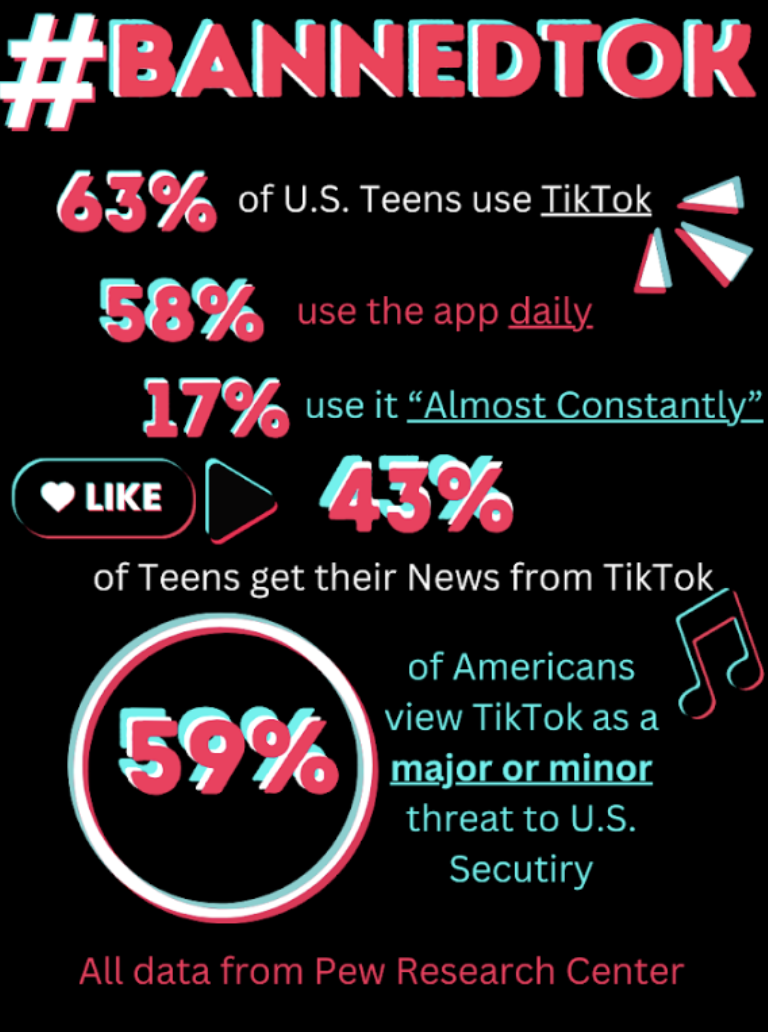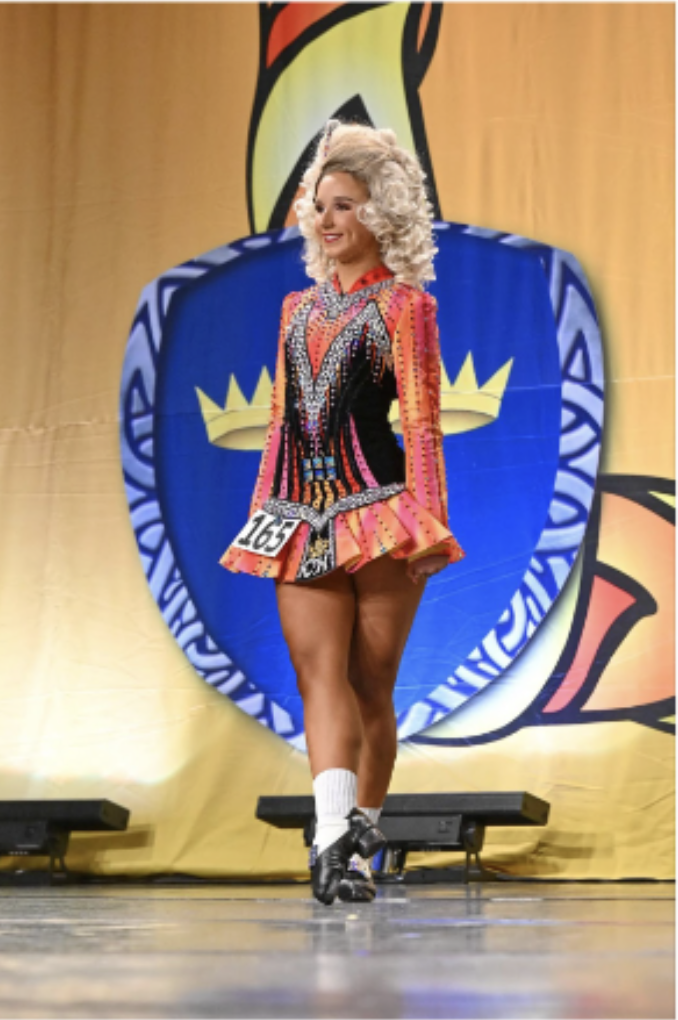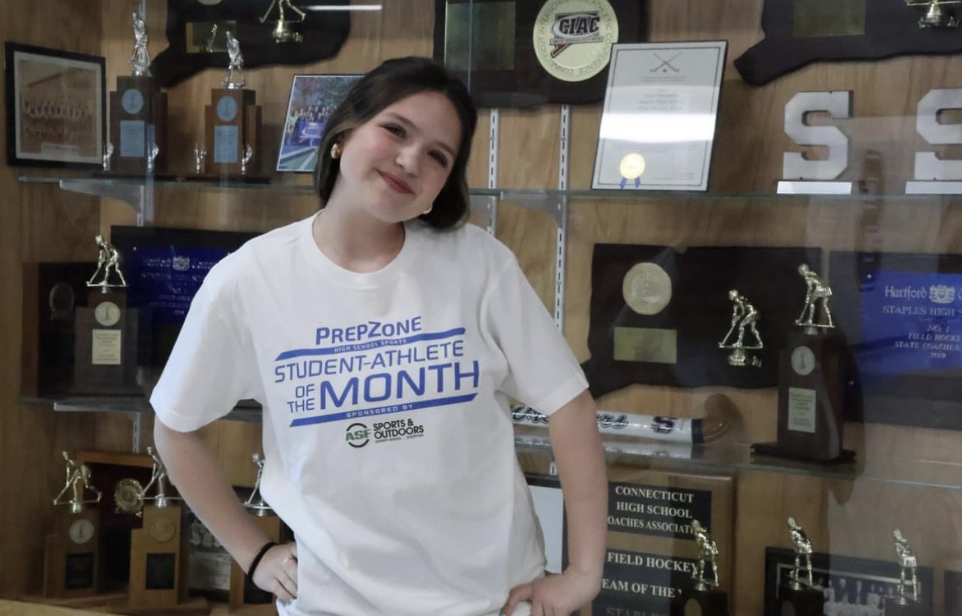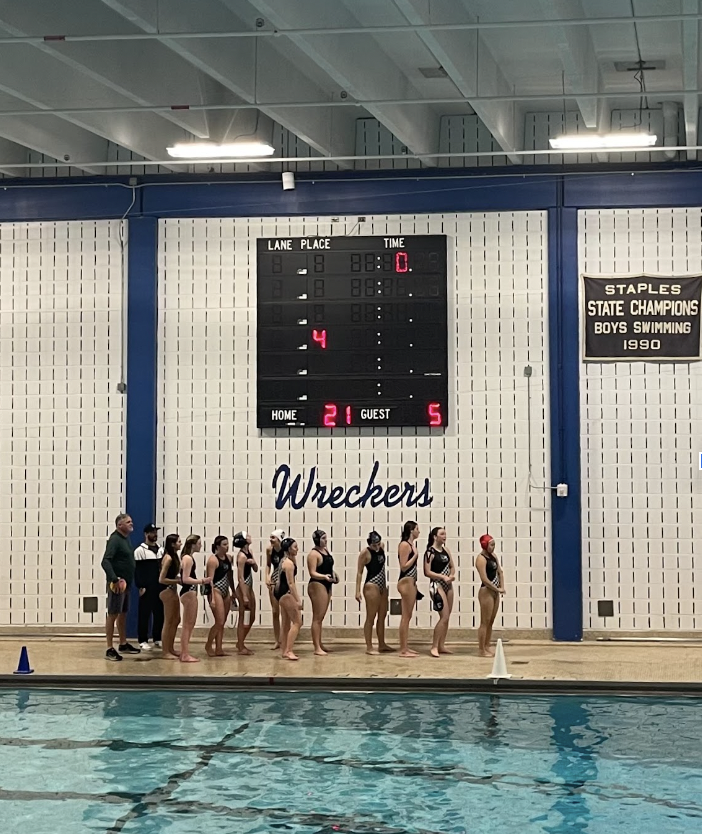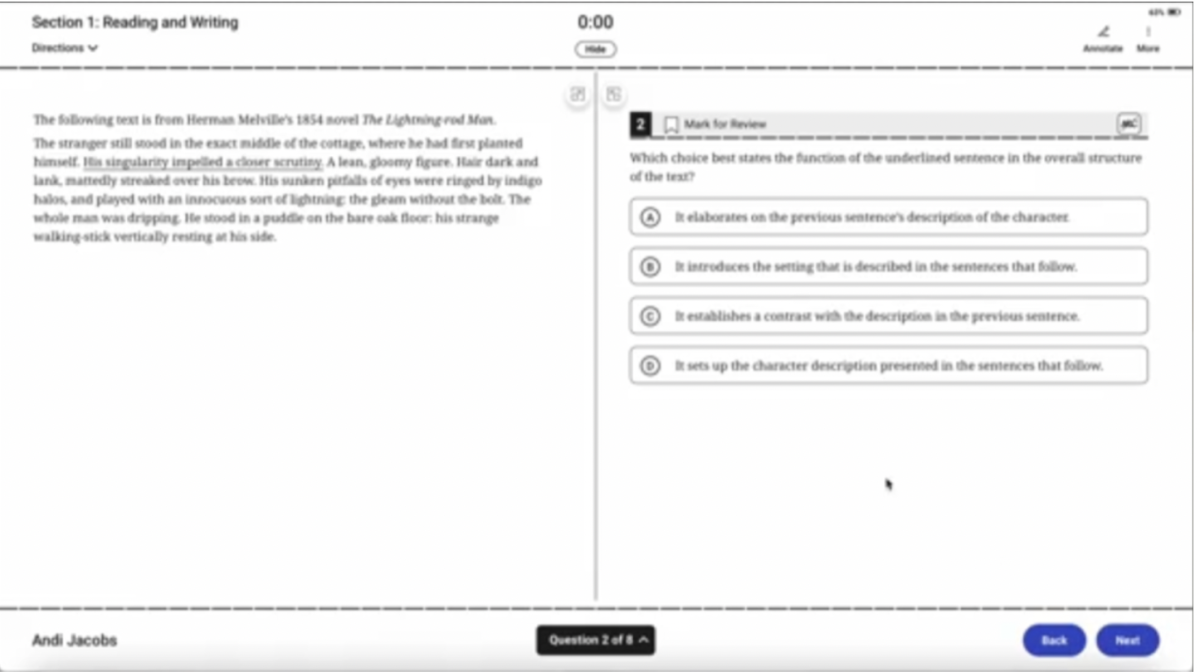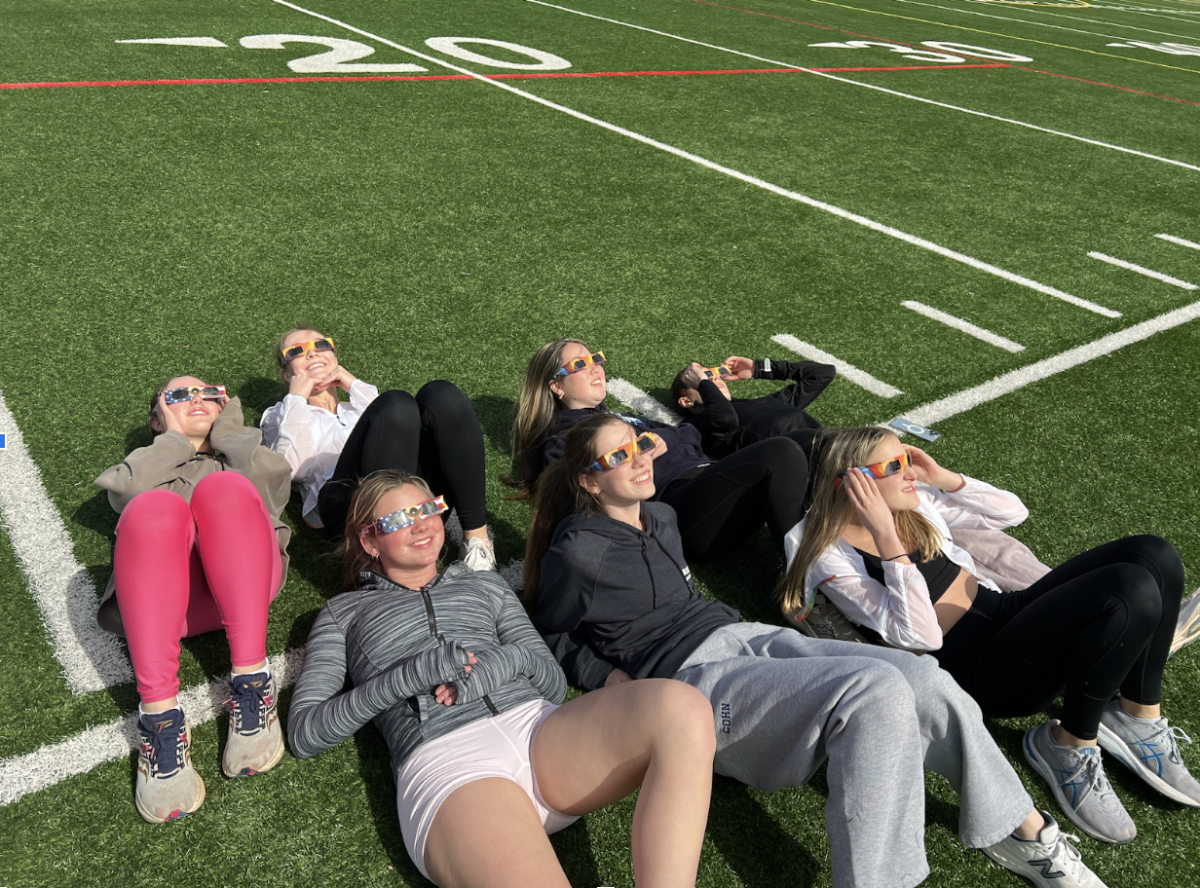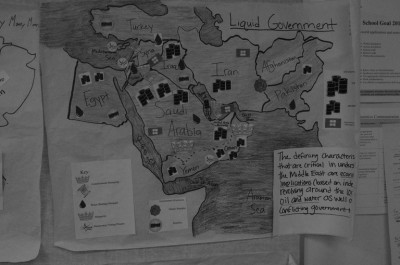
When Egyptians began protesting for their freedom, something they had lacked for 30 years under their repressive president, Hosni Mubarak, Staples students were in the midst of a midterm frenzy.
With two days left in the first semester, Middle East teachers Dana Gilland and Cathy Schager scrambled to cover the national news occurring in Egypt, as well as give the course curriculum closure.
While the two teachers did their best to discuss the event, students felt the pressure of the time crunch.
“[Having two days left] was the obvious downside,” said Danny Fishman ’11, who was enrolled in Schager’s first semester Middle East class. “On the other hand, we never got to spend much more than a couple of days on any current event because of the time restrictions.”
According to Gilland and Schager, covering the designated curriculum – which spans five thousand years – as well as the numerous current events that supplement the curriculum, is a constant struggle. Schager said she would love to see Middle East as a full year course due to the extensive amount of information currently packed into a single semester.
“I’ve had students from my first semester class see me in hallway and say ‘I want to talk about Egypt so badly, I wish we still had class,’” Schager said.
For teachers, the class is often a balancing act of decisions between curriculum and current events.
“We have to make difficult choices,” Gilland said. “It’s always a challenge because every semester there is something else happening in the news all the time.”
When the second semester class began, Gilland and Schager both made decisions to skip traditional first week activities in order to discuss events in Egypt instead.
While talking about current events adds real life perspective to the class, it often comes at the cost of rushing through other information in the curriculum, or forcing teachers to lecture rather than opening the topic up for discussion.
“The Middle East is misrepresented in the media, and it is hard to combat that, and provide background [information to students] in one semester,” Schager said.
Julie Strickland ’11 of Schager’s first semester class mirrors this view.
“There is just so much information to learn about the region,” Strickland said. “While we touched on everything during the semester, a full year would allow a more in-depth examination of the Middle East, while also providing more time for current events.”
However, the reconstruction of the ninth grade social studies course for the 2011-2012 school year, Global Studies, may help to combat this issue by focusing on broader range of regions than the current course, Western Humanities.
When next year’s freshmen enter their area studies courses junior and senior year, they will be able to start ahead, and teachers will be able to spend more time on current events instead of explaining basics about the region.
Although the class is rushed at times, covering the turbulent current events in the Middle East leads to a stimulating classroom environment, and students who are aware of the world around them.
“It’s an exciting, scary, exhilarating time in the Middle East when you don’t know what’s going to happen. It’s like a compelling thriller, you can’t put it down. I hope my students feel that way too,” Gilland said.

